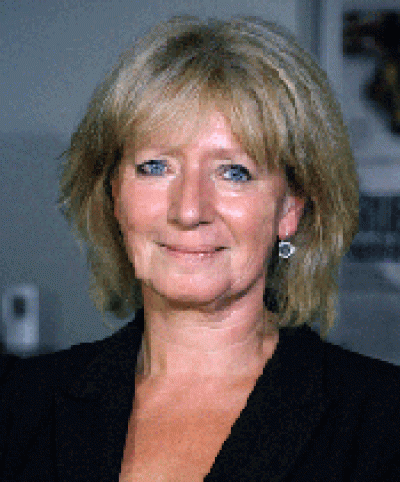Public Seminars 2011-12

Above: Prof Dame Hazel Genn
Prof Dame Hazel Genn (Dean of UCL Laws)
Date and Time: Monday 20 February, 1.00 pm
Venue: Council Room, The Constitution Unit
Prof Genn set the framework for discussion: what is diversity? The English judiciary is dominated by white Oxbridge males as appointment to senior posts was, until late 1990s, based on invitation and patronage. There has been a change in the demographics of the legal profession, but not of judicial office. Debate has centred on gender and ethnicity but has not yet broadened out to other issues: socio-economic background, class, sexuality and geography. Diversity matters for public legitimacy, equal opportunities, and diversity makes a difference to judicial decision making.
Some statistics: the UK Judiciary was almost literally 100% male from 1950s to end of the 1980s. By 2008 there had been some changes, but at the lower levels, known as the 'prestige effect'. The current UK Supreme Court is almost entirely Oxbridge and UK does badly by international comparisons of supreme courts. There are, however, much higher level of female and BME judges in tribunals.
The argument has been that we should see a 'trickle up' effect over time. The legal profession is now much more diverse, although the numbers at top of profession are still small. This problem is not unique to the judiciary or law and there are similar issues in higher education.
Part of the remit of the Judicial Appointments Commission was to foster diversity and they have a statutory obligation to increase the diversity of the pool. Those who designed the system came up with some categories of diversity there was a conflict between merit and diversity criteria. Their objective became to define merit through clear criteria, notably to dismantle barriers to application, adopt transparent and fair procedures, and do outreach to maximise size and diversity of pool. The belief of the JAC was that if you did these things you would inevitably get a more diverse bench. A decision was taken not to have a specific diversity criteria.
The outcomes have been that the judiciary has got through huge and painful culture change. People now accept that appointment to the bench is based on open fair selection. There is also a huge increase in people applying and the quality has mostly been very high. There has, however, been impatience at the speed of change. Lord Neuberger recommended using the Equality Act to promote positive action in tie-break situations.
Prof Genn explained the continuing challenges. Qualified people still don't apply as there is a lack of confidence about people putting themselves forward. There is also tendency to make safe rather than creative selections since it is almost impossible to get rid of a judge once appointed. Assessments about who will do the job best can be made in ways that over-value familiar traits and under-value unfamiliar ones. Who do we trust to work in unfamiliar territory?
Prof Genn believes the maximalist conception of merit is illusory. When we are struggling to identify which candidate is best, why not just choose the female or BME candidate? We should definitely be using the Equality Act provision.
A Q&A session followed the talk, with questions from Sir Tom Legg and Sir Suma Chakrabarti under Chatham House Rule.
 Close
Close


